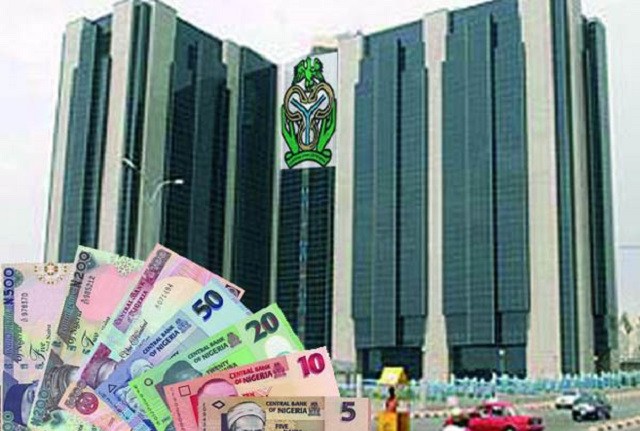An Economic expert, Prof. Emmanuel Nnadozie said the Central Bank of Nigeria (CBN) and Ministry of Finance must ensure that multinationals companies operating in the country pay their taxes in full.
Nnadozie, the Executive Secretary, African Capacity Building Foundation (ACBF), said this in an interview with the News Agency of Nigeria (NAN) in Abuja on Sunday.
The expert was speaking on ways to address the menace of Illicit Financial Flows (IFFs) in the country.
According to him, illegal movement of cash out of the country, never to return is robbing Nigeria of the resources needed to achieve major development.
He said that as a matter of urgency, this act must be stopped if the country was to improve its domestic revenue to achieve the Sustainable Development Goals and the African Union’s Agenda 2063.
“In tackling IFFs, institutions such as the government, legislature, civil societies, judiciary and international organisations are strategic.
“In Nigeria, the front line institutions must be the Ministry of Finance and the CBN.
“The Federal Inland Revenue Service (FIRS) is under the Federal Ministry of Finance, so the minister must sufficiently supervise FIRS to make sure that multinationals operating in the country pay their fair share of tax.
“The CBN must take responsibility, be well equipped to monitor money flows out of this country,” he said.
Nnadozie said that the country also needs to establish a Transfer Pricing Unit dedicated to understudy the various ways money was being trafficked out of the country.
“IFFs leaves the country and the continent through commercial transactions, corruption and crime.
“For crime, it could be through all kinds of trafficking activities and other illegal activities. For corruption, people can simply steal money that belongs to the country and go and put it in tax havens or secrecy jurisdiction.
“Also, multinational companies through their commercial activities, do this through transfer mispricing, tax avoidance, or profit shifting.
“If you look at the magnitude involved in these three categories, people will think that corruption will be the biggest source of IFFs, but it’s actually commercial activities.
“Nearly more than half of IFFs is through this Channel, therefore it is important to pay attention to the dealings of the multinationals who will do everything in the world to avoid paying their taxes,” he said.
Nnadozie called on the National Assembly to improve existing laws or draft new ones with stiffer sentences for any kind of tax offence .
He cited the case of Ethiopia, which had life sentence for tax avoidance.
He also urged the government to strengthen the judiciary as well as the Auditor-General to improve enforcement.
Nnadozie advised the government to invest in capacity building of its workers to boost their confidence in dealing with multinationals.
He said the multinationals had skilled, intelligent and well paid people working day and night to help them avoid tax, so the government must also improve staff welfare as well as training.
It will be recalled that in Africa, tax avoidance has been identified as one of the factors holding the continent backwards as it starves government of the necessary revenue it needs for development.
A report by the Former South African President, Mr Thabo Mbeki, who chairs a United Nations panel on IFFs, showed that Africa was being robbed of about 50 billion dollars annually.
Similarly, findings by Actionaid Nigeria shows that Nigeria is one of the worst hit countries, losing about N2.9 billion dollars, (N890.3 billion) annually.
In Nigeria, many multinational companies operating in the oil and gas, banking as well as communications sectors have been accused of transfer, mispricing, tax avoidance, or profit shifting. ( NAN)
RI/EEE




 Premier League
Premier League